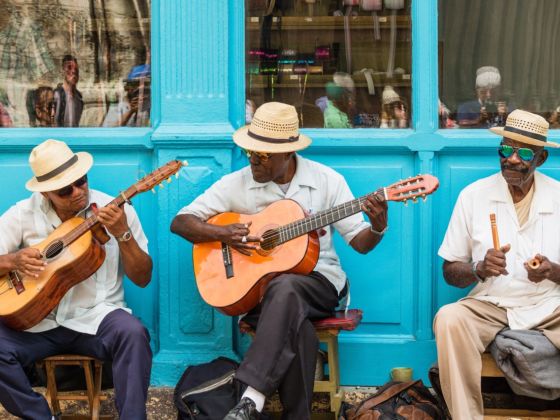And here you thought your window for traveling to Cuba had been unceremoniously slammed shut.
When the Trump administration announced earlier this month it was severely curtailing US travel to Cuba, your dreams of smoking cigars in bright pink ‘57 Chevys seemed shot. The old “people-to-people” visa was cancelled, cruise ships halted port calls, and day trips from Key West hotels went back to being the stuff of 1940s fantasies.
But all is not lost. A number of tour operators bent on getting folks to Cuba have found ways around the Trump administration’s ban. By carefully examining the remaining categories of travel, and taking advantage of a few exceptions to the law, these companies offer tours that allow you to get right into the heart of the island. Best of all, you’re doing it completely legally.
So how are they doing it? And how is any of this legal? We talked to some operators taking Americans to Cuba, and they broke it down.
